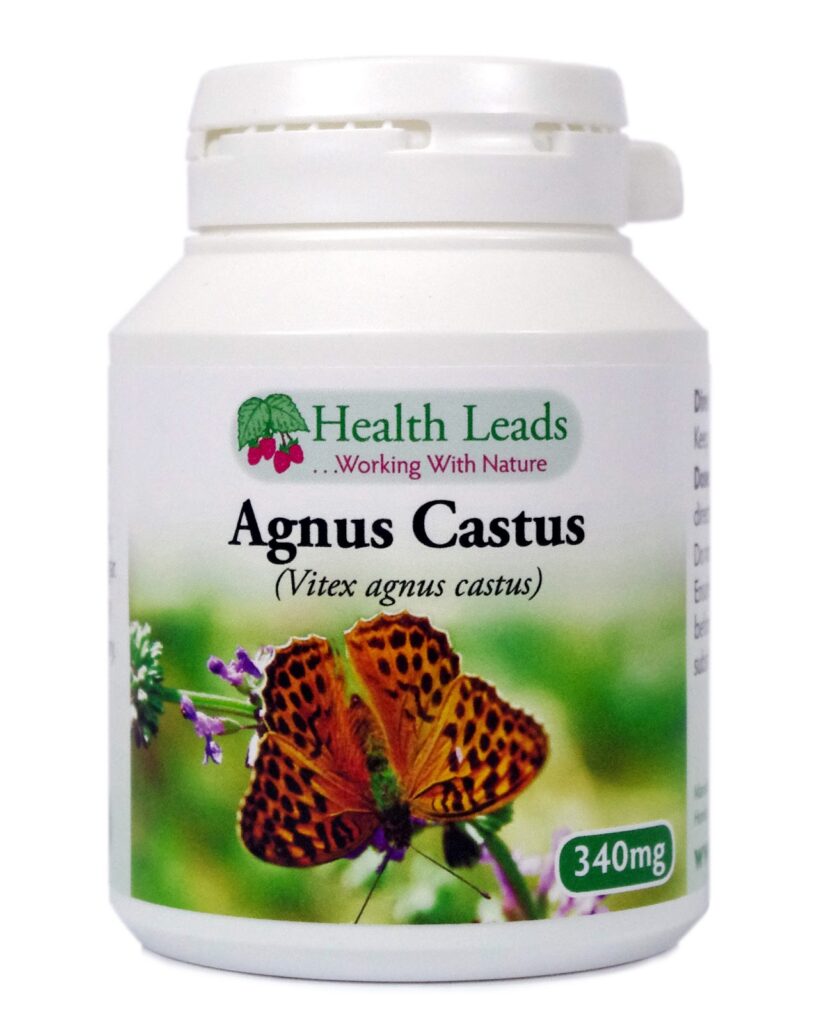Agnus Castus, known also by its botanical name, Vitex agnus-castus, and commonly referred to as Chaste Tree or Chasteberry, has been used for centuries in traditional medicine systems across the world. This plant, native to the Mediterranean region and parts of Asia, has garnered significant attention in contemporary alternative medicine for its potential health benefits, particularly in relation to women’s health issues. The benefits of Agnus Castus stem largely from its ability to influence hormonal balance, making it a subject of interest for managing conditions related to menstrual cycles, fertility, and menopause. This comprehensive guide aims to explore the myriad benefits of Agnus Castus supplements, drawing on scientific research, traditional uses, and practical considerations for those interested in this herbal remedy.
Regulation of Menstrual Cycles
Agnus Castus has been extensively studied for its effects on the menstrual cycle. It is particularly renowned for its ability to help regulate menstrual cycles and alleviate premenstrual syndrome (PMS) symptoms. The active compounds in Agnus Castus exert a regulatory influence on the pituitary gland, the body’s primary hormone-regulating organ. By modulating the secretion of luteinizing hormone (LH), Agnus Castus indirectly promotes a balance between estrogen and progesterone levels. For women experiencing irregular cycles, PMS, or painful menstruation, Agnus Castus supplements can offer significant relief, helping to regularize cycle length and mitigate symptoms like mood swings, breast tenderness, and bloating.
Fertility Enhancement
The hormonal balancing effect of Agnus Castus is also beneficial for women facing challenges with fertility. By optimizing the ratio of LH to follicle-stimulating hormone (FSH), Agnus Castus can improve ovulatory function, which is crucial for conception. Women with luteal phase defects, characterized by insufficient progesterone production in the second half of the menstrual cycle, may find Agnus Castus particularly beneficial. This herb’s ability to enhance progesterone levels helps create a more favorable environment for embryo implantation and pregnancy maintenance.
Management of Polycystic Ovary Syndrome (PCOS)
Polycystic Ovary Syndrome (PCOS) is a common hormonal disorder among women of reproductive age, marked by irregular menstrual periods, high levels of androgens, and polycystic ovaries. While the direct impact of Agnus Castus on PCOS is still under research, its hormone-balancing properties may offer symptomatic relief for certain PCOS-related issues, such as menstrual irregularity and fertility problems. However, individuals with PCOS should consult healthcare professionals before starting any new supplement regimen.
Menopausal Symptom Relief
Transitioning into menopause can bring about a range of uncomfortable symptoms, including hot flashes, night sweats, mood swings, and sleep disturbances. Agnus Castus has shown promise in easing these symptoms, attributed again to its ability to modulate hormonal levels gently. While not as potent as hormone replacement therapy (HRT), Agnus Castus offers a natural alternative for women seeking a milder approach to managing menopausal symptoms.
Mood Stabilization and Mental Well-being
Beyond its physical health benefits, Agnus Castus has been observed to have a positive impact on mental health, particularly in alleviating mood swings and mild depressive symptoms associated with PMS and menopause. The exact mechanism is not fully understood, but it is believed that the herb’s interaction with dopamine receptors in the brain may play a role. By modulating dopaminergic activity, Agnus Castus could help stabilize mood and improve overall well-being.
Anti-inflammatory and Antioxidant Properties
Emerging research suggests that Agnus Castus possesses anti-inflammatory and antioxidant properties, which could contribute to its therapeutic effects. While these properties are less directly connected to hormonal health, they underline the herb’s potential in supporting general health and preventing chronic diseases.
Practical Considerations and How to Take Agnus Castus
Agnus Castus is available in various forms, including capsules, tinctures, and teas. The appropriate dose can vary depending on the specific product and the condition being treated. It is generally recommended to follow the manufacturer’s dosage instructions or consult a healthcare professional for personalized advice.
While Agnus Castus is well-tolerated by many, potential side effects can include mild gastrointestinal symptoms, allergic reactions, or headaches. It’s also important to note that Agnus Castus may interact with hormonal medications, such as birth control pills or hormone replacement therapy, and certain psychiatric medications. Therefore, it’s crucial to consult with a healthcare provider before beginning supplementation, especially for individuals with pre-existing health conditions or those taking other medications.
Conclusion
Agnus Castus supplements offer a natural, holistic approach to managing a range of women’s health issues, from menstrual irregularities and PMS to fertility concerns and menopausal symptoms. Its benefits, deeply rooted in traditional medicine, have been increasingly validated by scientific research, making it a valuable component of natural health practices. However, as with any supplement, the key to safely and effectively incorporating Agnus Castus into one’s health regimen lies in informed, mindful use, ideally under the guidance of healthcare professionals. Through such an approach, Agnus Castus can be a supportive ally in enhancing women’s health and well-being.

